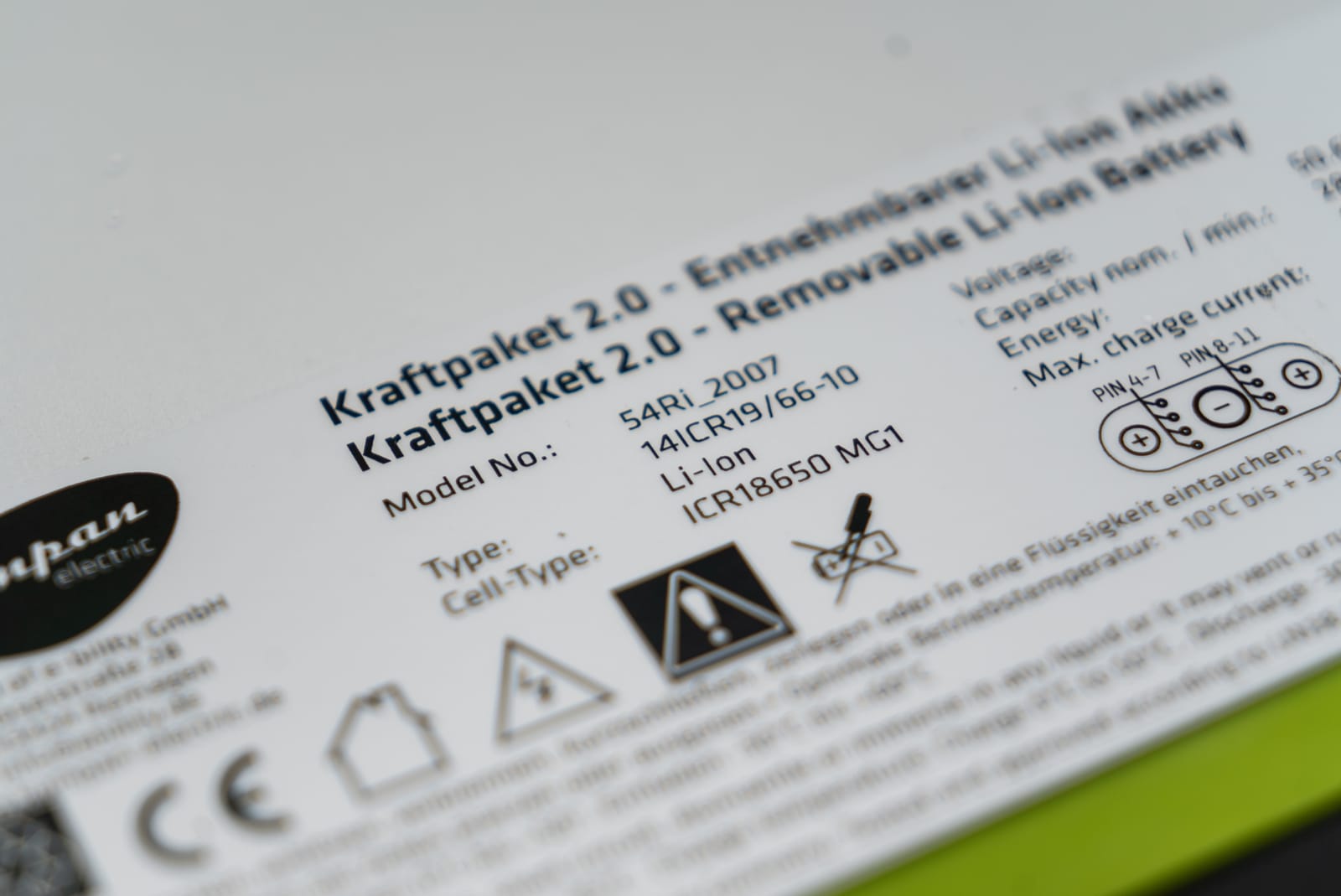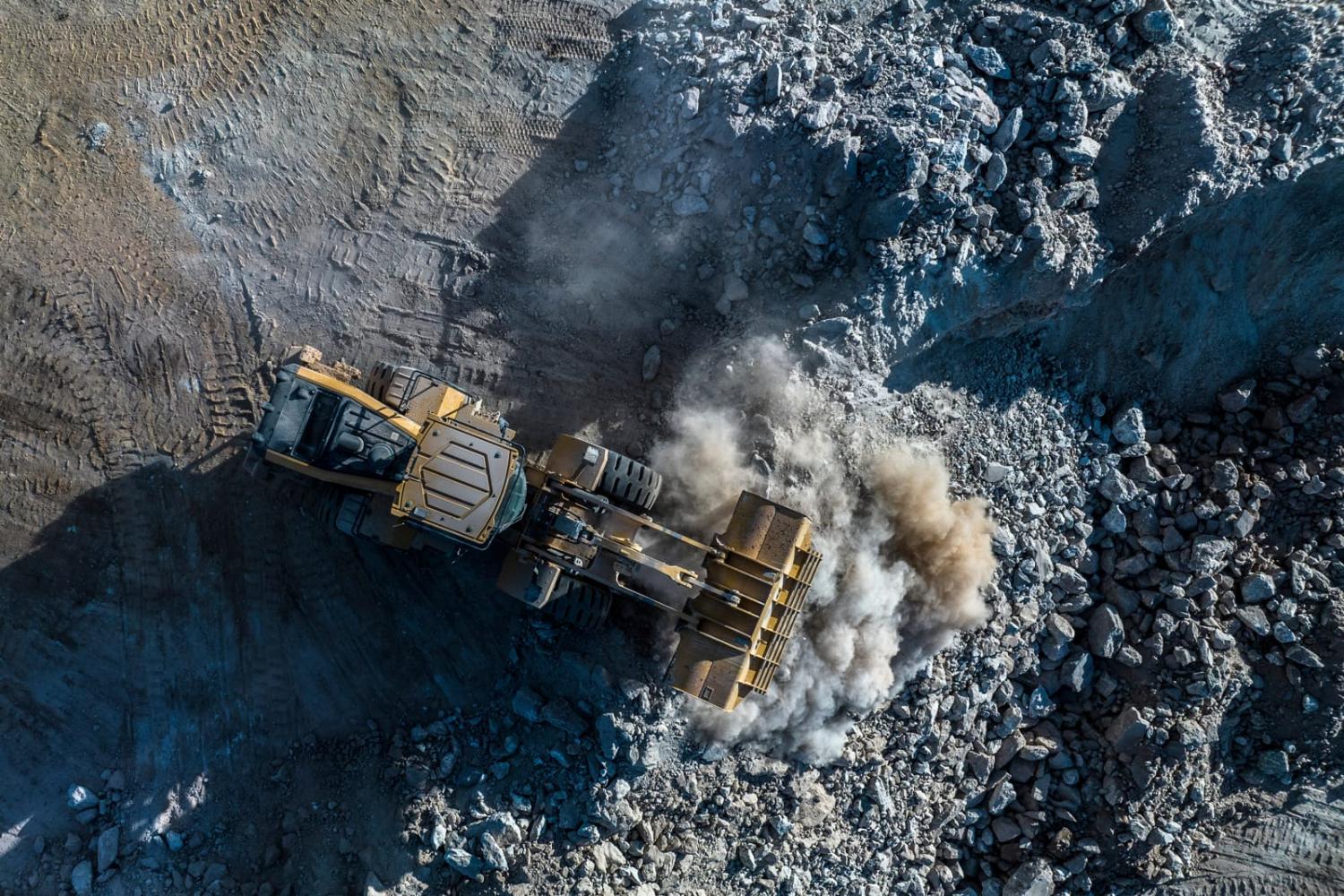Iran’s recent unearthing of a vast lithium deposit – potentially the world’s second largest – has sent shockwaves through the global lithium competition landscape. Amid the shifting currents of these developments, two key players stand out: China and Australia.
China is the world’s largest importer and processor of lithium, as well as a major lithium battery manufacturer.
Australia serves as the primary source of lithium for China’s production.
The strategic battle for control of lithium supply chains now holds centre stage in global geopolitical competition, mirroring the oil disputes of past decades. In this ongoing chess match over the security of lithium supply chains, Iran’s lithium reserves mark a potential game-changer for China’s present reliance on foreign suppliers such as Australia, Brazil, Canada and Zimbabwe, which make up 70–74% of its lithium imports. Faced with a barricade of international sanctions, especially from the United States, Beijing has a potential golden opportunity to decrease its dependency on its current suppliers and invest in Iran’s fledgling lithium industry.
Iran’s lithium discovery indicates that the dynamics of the global lithium supply chain should be evaluated from both temporal and spatial perspectives. As Elon Musk has pointed out, the critical bottleneck in lithium battery production isn’t control of lithium resources, but the capacity for processing, including the purification and refinement of lithium elements. In this regard, China possesses advantages that place it years, if not decades, ahead of its global competitors.
Led by the United States, and incorporating power players such as Canada, Australia, France, Germany, Japan, and the United Kingdom, the “Sustainable Critical Minerals Alliance” was formed in 2022 expressly to dislodge China from its dominant position in the global lithium supply chain. Against this backdrop, Iran’s lithium discovery could very well provide China with a crucial defensive countermove.

China’s commanding role in the value chains of critical minerals is not a matter of chance, but the fruit of intentional, strategic planning. Lessons drawn from its position in the middle of the global steelmaking value chain have informed its industrial strategies in the clean energy transition, including electric vehicles and lithium batteries. In the steel industry, the bulk of profits were reaped by upstream mining companies such as Rio Tinto and FMG, and by downstream applications such as automobiles, while China’s share, despite producing over 50% of global steel output, was comparatively small when gauged per unit of energy consumption and workforce hours.
This experience has spurred China’s efforts to acquire lithium mines worldwide, showcasing its strategic intent to wield control over the entire lithium value chain, and avoid a predicament analogous to its position in the steelmaking industry. Two of China’s lithium companies, Ganfeng and Tianqi, both among the world’s top five, collectively control 30% of global lithium resources (16% and 14% respectively), emphasising China’s pivotal role in the global lithium market. Moreover, the profits derived from lithium mining have enabled downstream lithium processing companies and battery manufacturers to increase their investments in technological development, thereby enhancing lithium refining and purifying processes, as well as waste management, all supported by China’s industrial policies and subsidies.
From this vantage point, Iranian lithium could become a crucial counterweight against Western alliances and help reduce China’s reliance on Australia and other countries for lithium imports.
Iran’s lithium reserves are still veiled in mystery, yet they carry the potential to disrupt the existing power dynamics in the global lithium race. As China fortifies its economic ties with Iran through the Belt and Road Initiative, the prospect of forging partnerships in clean energy transition supply chains, specifically in lithium production and processing, appears increasingly promising. However, these opportunities are yet to be fully mapped, the associated mining costs remain unknown, and potential production could still be years away.
Australia, on the other hand, exports 95% of its lithium to China. If the lithium deposit in Iran turns out to be correct, the Iranian lithium lode could fast-track the global shift towards cleaner energy sources. However, in this scenario, Australia might find itself on a political and economic tightrope. Being a key ally of the United States, it may face pressure to curb its lithium exports to China, potentially escalating existing tensions. Economically, Iran’s lithium discovery could disrupt the global lithium market and Australia’s position as the leading lithium producer.
The unfolding lithium saga makes one thing clear: the discovery of lithium in Iran and China’s potential engagement to secure this resource may significantly alter the global lithium race, impacting international relations, especially Sino-US and Sino-Australia relations. Australia must prepare itself for this disrupted global lithium market, where it must balance economic interests and geopolitical alliances.
The new discovery of lithium reserves, be it in Iran, Africa or elsewhere, highlights a paradox, that the drive towards cleaner energy relies on a process that could harm the environment. Therefore, humanity must collectively strive to transform competition for such resources into collaboration to ensure a sustainable future amid the burgeoning lithium revolution.

